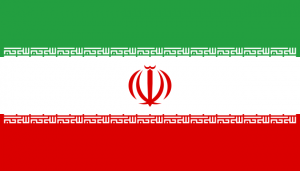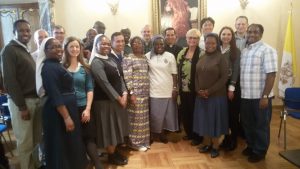An Eye-Opening Visit to Iran
 My work in Restorative Justice provides me with many rewarding travel experiences, and my recent trip to Iran is at the top of the list.
My work in Restorative Justice provides me with many rewarding travel experiences, and my recent trip to Iran is at the top of the list.
Professor Mohammad Farajahi, who teaches Persian law at Tarbiat Modares University in Tehran, invited me to attend a Restorative Justice (“RJ”) conference at its law school. I was one of seven keynote speakers from around the world, each asked to discuss how our respective country actively uses RJ processes within the criminal justice system. The conference also was an opportunity to discuss my current RJ projects as a panelist with Iranian and Iraqi lawyers and judges as well as to hear 40 scholars from Tehran present their research and findings on a variety of RJ initiatives. Professionally, the ability to interact with lawyers, judges, law students and the general public attending the conference was extremely fulfilling; personally, the cultural experience is unforgettable.
Most Americans do not readily think about traveling to Iran — especially women and, in my case, women who happen to be judges — given that the country’s Muslim laws generally limit females in society and specifically prohibit us from serving on the bench. As the only American invited to the conference, I felt both honored and admittedly apprehensive. While I have many Muslim friends in the U.S. and have been to other Muslim countries, I knew religious rules and overall “do’s and don’ts” would be much stricter in Iran, where I would be without the security of an American embassy since Iran and the U.S. have no formal diplomatic relations. This circumstance meant I could not get a visa directly from Iran, having to work through Pakistan. Receiving my visa only 36 hours before my flight, I worried about what awaited me culturally.
My clothing was a primary concern. From head to ankles, I needed to be covered despite being a foreigner traveling during the heat of summer. I stocked up on scarves for my head and shoulders and bought a montos, a knee-length coat that must be worn even when wearing pants. Only my feet could comfortably breathe as sandals are permitted. With 7,000 morality police patrolling the streets of Tehran to catch dress code violators and the Swiss embassy as my best option in case of trouble, I took no chances, donning my scarf and montos before getting off the plane.


